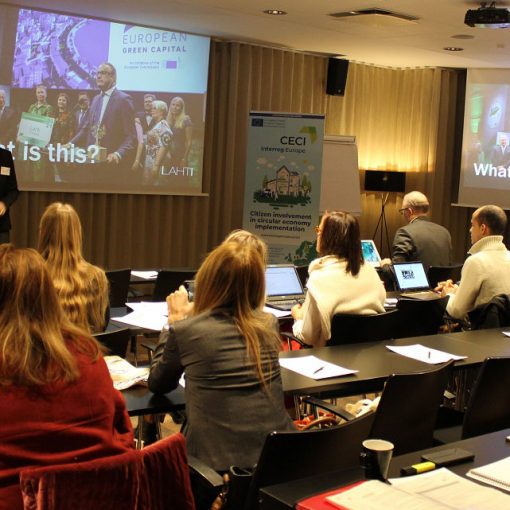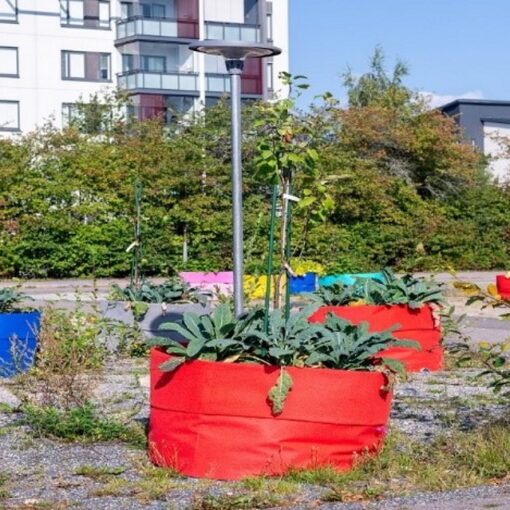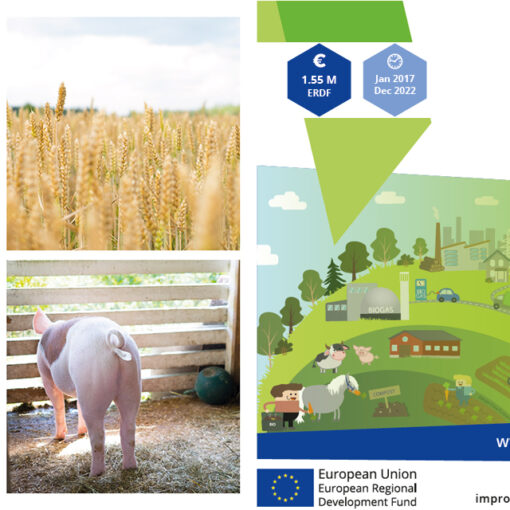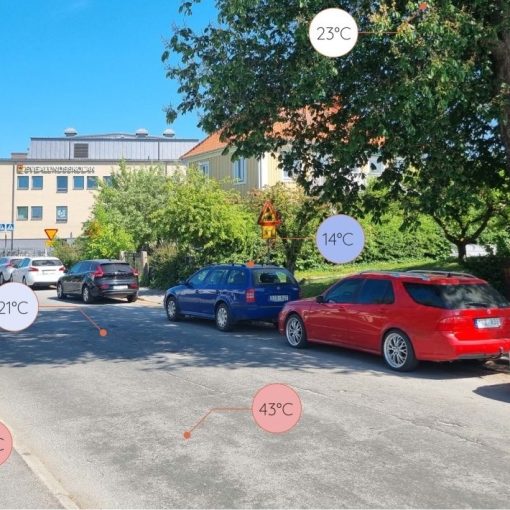In the quest to combat climate change and create a sustainable future, one of the critical challenges we face is reducing methane emissions from energy production. Within the European Union, it is approximated that the energy sector contributes to roughly one-fifth of the anthropogenic (human-caused) methane emissions (European Commission 2021).
Methane, a potent greenhouse gas with a much higher heat-trapping potential than carbon dioxide over shorter time frames, poses a significant threat to our environment (Environmental Protection Agency 2023). The good news is that we have the tools and strategies to address this issue head-on and transition towards a cleaner energy landscape.
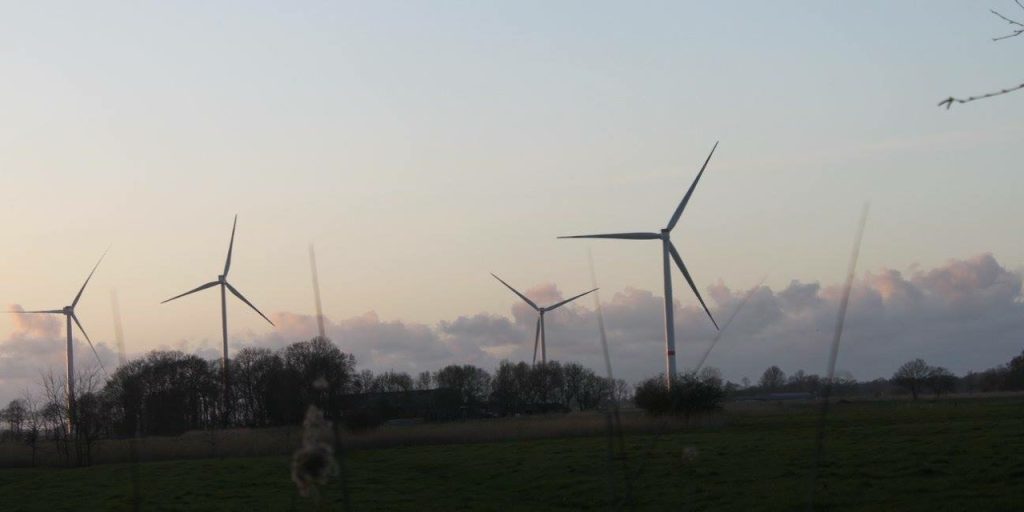
Strategies for mitigating methane emissions and promoting sustainable energy practices
Reducing methane emissions is essential, and one notable way is a transition from conventional fossil fuels to renewable sources such as bio, wind, hydro, and geothermal power. This shift achieves both emission reduction and sustainability in energy generation. (Lee 2022.)
Emissions stemming from natural gas operations can be tackled through vigilant leak detection, mitigating unintentional releases (IEA). Innovative methods for capturing methane during oil and gas operations serve a dual purpose: preventing emissions while optimizing resource utilization (Silverstein 2021).
In addition to fossil energy production, methane is produced in waste management. Proper disposal practices, such as methane capture in landfills and collecting methane produced due to anaerobic digestion, prevents uncontrollable methane release. The collected methane can be used as an energy resource. (Oonk 2012.)
National and international frameworks, featuring strict emission limits and robust compliance measures, incentivize cleaner industry practices. If companies exceed these set limits, they face fines or periodic penalty payments, and on the other hand, if they stay within the limits, they might get rewards such as tax breaks. (European Parliament 2022.) In addition to penalties and tax incentives, companies enhance their image and gain a competitive advantage, motivating them to adopt cleaner practices and invest in technologies that reduce methane emissions.
Strategic technological investments, such as advanced sensors, enhance the precision of detection and measurement, enabling more targeted mitigation efforts (Yang et al. 2023). In order to get more out of the advanced sensors and to obtain more versatile information, measurements should be made regularly. If possible, hybrid technology should be considered, for example, where the amounts of released methane are measured with several different technologies. (Gordon & Reuland 2019).
More about methane emission sources and its measurement methods can be read from Jekaterina Juselius’ (2023) thesis “Methane emissions mapping: Analysing modern techniques for accurate assessment and monitoring”. Juselius’ thesis was the first thesis completed in LAB’s new international study programme Sustainable Solutions Engineering and is a good example of multidisciplinary challenges we must face now and in the future. Elevating public awareness and fostering collaborative initiatives among governments, industries, and advocates stimulate progress toward sustainable future (World Economic Forum 2023).
Authors
Jekaterina Juselius is a Sustainable Solutions Engineer, who in her thesis researched and analysed methane measurement techniques.
Pia Haapea is a Principal Lecturer of Energy and Environmental Engineering at LAB University of Applied Sciences, and has worked for sustainable future for more than 20 years.
References
Gordon, D., Reuland, F. 2019. Mapping, Measuring, and Managing Methane: The Critical Role of a Potent Climate Pollutant. Brown University, Watson Institute for International and Public Affairs. Cited 28 Aug 2023. Available at https://watson.brown.edu/files/watson/imce/news/ResearchBriefs/2019/Methane%20Report-6%20November%202019.pdf
Environmental Protection Agency (EPA). 2023. Importance of Methane. Cited 28 Aug 2023. Available at https://www.epa.gov/gmi/importance-methane
European Commission. 2021. Questions and Answers on reducing methane emissions in the energy sector. Cited 28 Aug 2023. Available at https://ec.europa.eu/commission/presscorner/detail/en/qanda_21_6684
European Parliament. 2022. Fit for 55 package: Reducing methane emissions in the energy sector. Cited 28 Aug 2023. Available at https://www.europarl.europa.eu/RegData/etudes/BRIE/2022/729313/EPRS_BRI(2022)729313_EN.pdf
IEA. Methane Abatement. Cited 28 Aug 2023. Available at https://www.iea.org/energy-system/fossil-fuels/methane-abatement
Juselius, J. 2023. Methane emissions mapping: Analysing modern techniques for accurate assessment and monitoring. LAB University of Applied Sciences, Faculty of Technology. Lahti. Cited 25 Oct 2023. Available at https://www.theseus.fi/handle/10024/805793
Lee, N. 2022. Addressing Methane Emissions Is Critical for Fighting Climate Crisis. Environmental and Energy Study Institute. Cited 28 Aug 2023. Available at https://www.eesi.org/articles/view/addressing-methane-emissions-is-critical-for-fighting-climate-crisis
Oonk, H. 2012. Efficiency of landfill gas collection for methane emissions reduction. Greenhouse Gas Measurement and Management. Vol 2 (2-3), 129-145. Cited 28 Aug 2023. Available at https://www.tandfonline.com/doi/full/10.1080/20430779.2012.730798#:~:text=Ninety%2Dfive%20per%20cent%20of,is%20assumed%20to%20be%2060%25.
Silverstein, K. 2021. Capturing Methane From Oil And Gas Operations Is Doable And Profitable. Forbes. Cited 28 Aug 2023. Available at https://www.forbes.com/sites/kensilverstein/2021/05/10/capturing-methane-from-oil-and-gas-operations-is-doable-and-profitable/
World Economic Forum. 2023. Fostering Effective Energy Transition 2023 Edition. Insight Report. Cited 28 Aug 2023. Available at https://www3.weforum.org/docs/WEF_Fostering_Effective_Energy_Transition_2023.pdf
Yang, X., Kuru, E., Zhang, X., Zhang, S., Wang, R., Ye, J., Yang, D., Klemeš, J., Wang, B. 2023. Direct measurement of methane emissions from the upstream oil and gas sector: Review of measurement results and technology advancements (2018-2022). Journal of Cleaner Production. Vol. 414. Cited 29 Aug 2023. Available at https://www.sciencedirect.com/science/article/abs/pii/S0959652623018516

